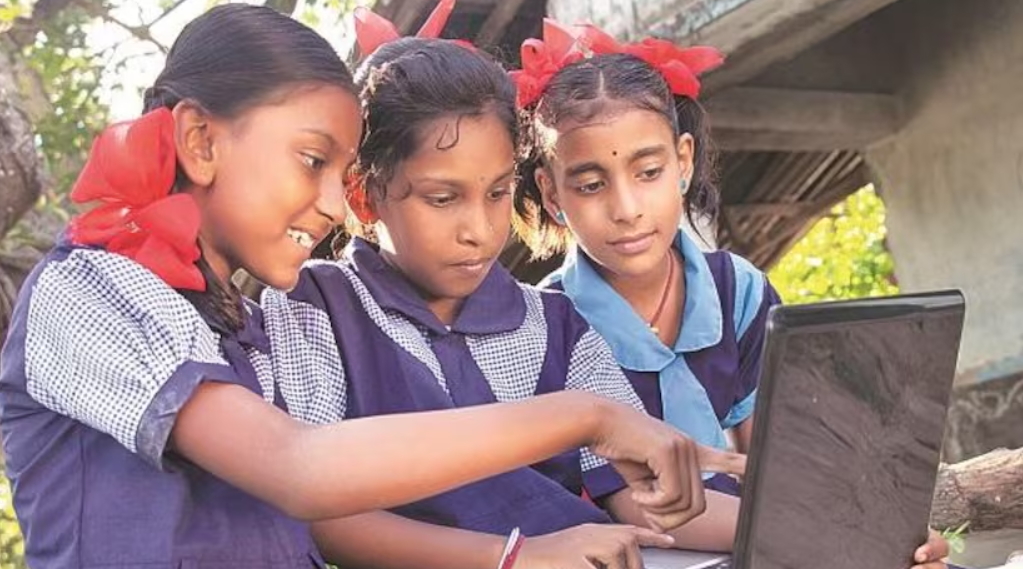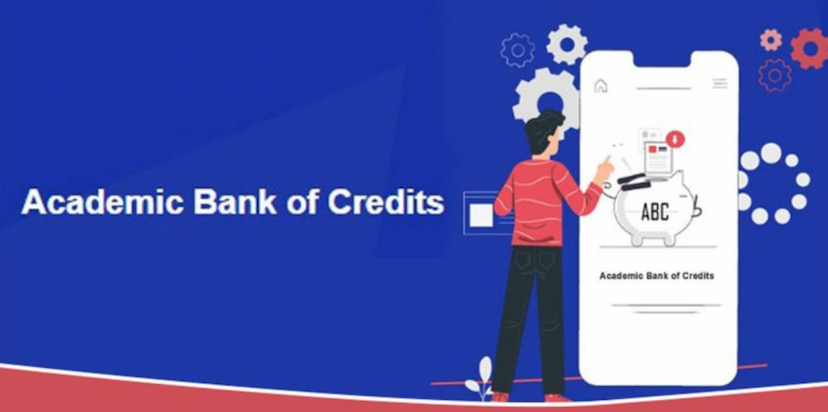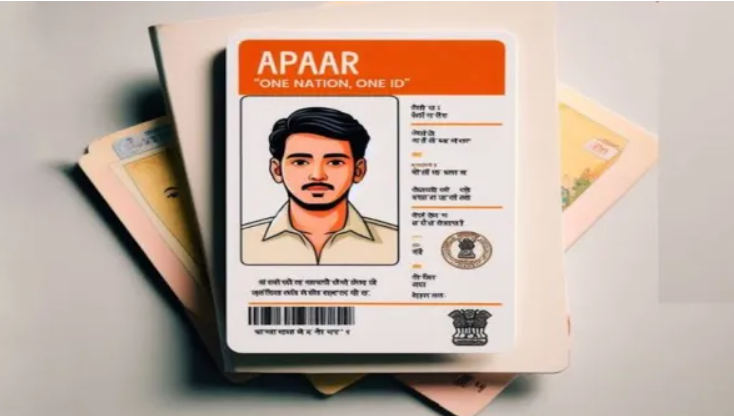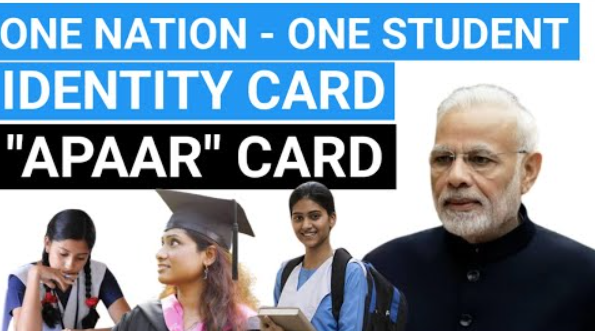What is APAAR Card and How Can It Transform Education in Remote Villages?

Unlocking the Future of Education: A Deep Dive into Ministry of Education’s APAAR Initiative in Remote Indian Villages
The Automated Permanent Academic Account Registry (APAAR) is a new and innovative programme that was launched by the Ministry of Education to help all children have a better future. This big project aims to change the way schooling is done in the often-overlooked towns in India. Let’s start this investigation by breaking down the secrets of APAAR and looking into how this new system could change the way we learn by making it easier to access, clearer, and more suited to each student’s specific needs.


Understanding APAAR
APAAR, an acronym that resonates with possibilities, stands for the Automated Permanent Academic Account Registry. It goes beyond being a mere identification number; it is a dynamic system designed to serve as a perpetual identifier, meticulously tracking each student’s academic journey and accomplishments within a centralized digital platform. This initiative is not just about assigning numbers; it’s about revolutionizing the very core of how education is perceived and managed in the vast tapestry of India.



APAAR in Action
The launch of APAAR by the Ministry of Education is not just a bureaucratic procedure; it marks the beginning of a transformative journey. APAAR has been conceptualized under the National Education Policy (NEP) 2020, which mandates all college- and university-going students to register on the Academic Bank of Credits (ABC). The synergy between APAAR and ABC creates a comprehensive ecosystem that goes beyond just tracking academic records.

The Academic Bank of Credits, a digital storage facility, serves as the repository for all marks and credits scored by students. It becomes a treasure trove of information, housing not just academic achievements but also personal details of the students. This digital credit bank, in conjunction with APAAR, aims to streamline admission processes for graduation and post-graduation programs.
Speaking on the matter, Sanjay Kumar, Secretary to the Department of School Education and Literacy, emphasizes the increasing digital services in the country. He notes, “The number of digital services in the country is continuously increasing, and one can take maximum advantage of digital services in school education through CSC.”
Higher Education Secretary K Sanjay Murthy stresses that the system of ABC has been established on the lines of the National Academic Depository (NAD). While ABC allows students to register and initiate credit transfers, academic institutions take up the responsibility of managing credit redemption, certificate issuance, and compiling award records.
Anil Sahasrabudhe, the Chairman of the All India Council for Technical Education, adds, “APAAR ID will remain with the children for their entire lives. Students will also be able to get credit in the future by passing various exams. Students will not be required to give certificates anywhere, and just giving an ID will be sufficient.”

Final Note
In conclusion, APAAR is not just an initiative; it is a catalyst for educational transformation in remote Indian villages. It transcends the traditional boundaries of record-keeping and identification, promising to bridge gaps, empower communities, foster transparency, and facilitate personalized learning. As much as we commend the Ministry of Education’s forward-thinking effort, it’s success depends on its smooth incorporation into the educational environment. Digital infrastructure, privacy, and teacher preparation must be addressed immediately.
The question now is, are we ready to embrace this future, and are we committed to making it a reality? The answer lies in our collective actions, ensuring that APAAR becomes a beacon of educational empowerment for generations to come.
Read more,






